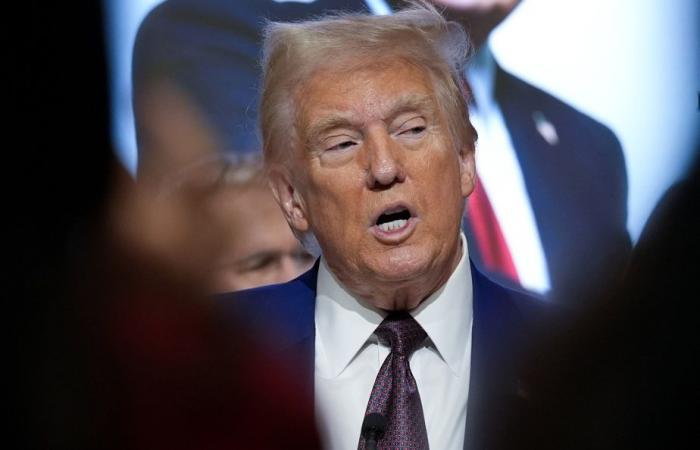(Washington) Donald Trump said Friday that when he returns to power on January 20, his party will work to “eliminate daylight saving time” in the United States, in order to avoid biannual time changes.
Published yesterday at 4:28 p.m.
“Daylight saving time is inconvenient and very costly for our country,” the president-elect said on his Truth Social platform.
Elon Musk, the multibillionaire recently appointed by Donald Trump to head a commission to slash public spending, commented on a poll on his social network X at the end of November, according to which more than 80% of voters said they wanted to eliminate the hour summer.
“It seems people want to abolish annoying time changes! », Wrote the boss of SpaceX and Tesla.
But Donald Trump’s desire to eliminate summer time appears to contradict the majority position of the Republican Party, which, in 2022, launched a bill to make it permanent.
The measure, adopted unanimously in the Senate, but which did not pass the other chamber of Congress, would have made it possible to put an end to time changes. But it would also have meant very late sunrises in some states in winter.
“Changing time is an outdated concept, which is a source of frustration and confusion,” argued at the time Senator Marco Rubio, author of the bill and now designated next head of American diplomacy by Donald Trump .
He established a direct cause-and-effect link between time changes and an increase in “heart attacks and car accidents,” and touted the potential beneficial effects on the economy of permanent daylight saving time.
In 2019, when Marco Rubio launched a first bill in this direction, President Donald Trump sent the following message in the digital sphere: “Making daylight saving time permanent is OK for me! »
The main idea behind the time change was originally to match activity hours and daylight hours to limit the use of artificial lighting.
But its detractors denounce the negative effects on biological rhythms, particularly in children.
In Europe, the abandonment of time changes was adopted by the European Parliament in 2019, but its implementation has since been postponed many times.






